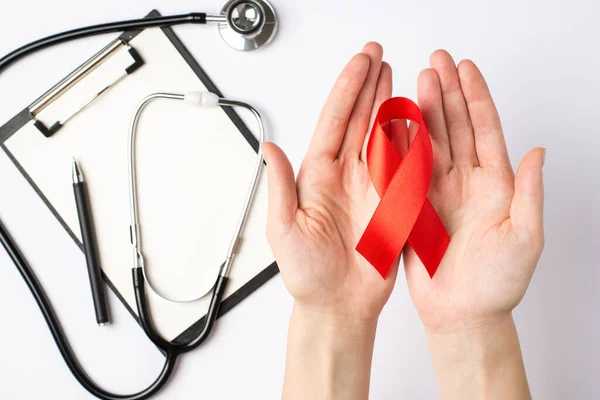Nourishing Your Liver: Dietary Tips for Fatty Liver Management
Fatty liver disease is a widespread condition that can often be managed or even reversed with dietary adjustments.Fatty liver disease, also known as hepatic steatosis, happens when an excess of fat accumulates in the liver cells. There are two types: alcoholic fatty liver disease, resulting from excessive alcohol intake, and non-alcoholic fatty liver disease (NAFLD), which is not related to alcohol consumption. NAFLD is the more common type, frequently associated with obesity, insulin resistance, and metabolic syndrome.
Fatty liver disease is a widespread condition that can often be managed or even reversed with dietary adjustments.Fatty liver disease, also known as hepatic steatosis, happens when an excess of fat accumulates in the liver cells. There are two types: alcoholic fatty liver disease, resulting from excessive alcohol intake, and non-alcoholic fatty liver disease (NAFLD), which is not related to alcohol consumption. NAFLD is the more common type, frequently associated with obesity, insulin resistance, and metabolic syndrome.
Understanding Fatty Liver Disease
The liver plays a crucial role in detoxifying the body, processing nutrients, and storing energy. When it becomes overloaded with fat, its ability to function efficiently is impaired. Recognizing the causes and symptoms of fatty liver disease is essential for managing it through dietary and lifestyle changes.
Prioritizing a Balanced Diet
Maintaining a balanced diet is critical for managing fatty liver disease. Focus on whole foods that are nutrient-dense and can help reduce liver fat and inflammation. Fill your plate with a variety of colorful fruits and vegetables, which provide essential vitamins, minerals, and antioxidants. Whole grains like quinoa, oats, and brown rice offer fiber, which supports digestion and stabilizes blood sugar. Lean proteins from sources like fish, poultry, and legumes help with muscle repair and overall body function. Limiting processed foods, refined sugars, and saturated fats is important, as they can contribute to weight gain and worsen liver inflammation.
Incorporating Healthy Fats
While it may seem counterproductive, including healthy fats in your diet is beneficial for fatty liver disease. Unsaturated fats, found in foods like avocados, nuts, seeds, and olive oil, help reduce liver inflammation and promote heart health. Omega-3 fatty acids, found in fatty fish like salmon, mackerel, and sardines, have especially strong anti-inflammatory effects. While these fats are good for your liver, it’s essential to limit unhealthy fats, like trans fats and saturated fats found in fried foods and baked goods, as they can exacerbate liver problems.
Staying Hydrated and Monitoring Sugar Intake
Hydration is key for liver health, as water helps detoxify the body and supports metabolic processes. Aim for at least eight glasses of water daily, adjusting for your physical activity and climate. Herbal teas and infused waters can provide variety without the added sugar. Monitoring sugar intake is also crucial, as excessive sugar consumption can lead to fat buildup in the liver. Choose natural sweeteners like honey or stevia in moderation, and be cautious of hidden sugars in processed foods and beverages. Reading labels carefully will help you better manage your sugar intake.
Regular Meal Timing and Portion Control
Keeping consistent meal timing and portion control can significantly benefit liver health. Eating smaller, more frequent meals helps regulate blood sugar levels and prevents overeating. Try to eat three balanced meals a day, with healthy snacks in between if necessary. Practicing portion control is important too—large meals can overburden the liver and encourage fat accumulation. Smaller plates, measuring portions, and being mindful of hunger cues can help maintain a healthy weight and support liver health. When combined with regular physical activity, these changes enhance the benefits of dietary modifications.
Consulting Healthcare Professionals
While diet plays a central role in managing fatty liver disease, consulting healthcare professionals for personalized advice is essential. A registered dietitian or nutritionist can help develop a tailored meal plan to fit your health needs and goals. Regular check-ups with your healthcare provider can monitor liver function and ensure progress. It's also important to address underlying health conditions, such as diabetes or high cholesterol, that may contribute to fatty liver disease. By working with healthcare providers, you can create a comprehensive strategy for managing fatty liver disease effectively and sustainably.
Conclusion
Diet plays a significant role in managing fatty liver disease. By focusing on a balanced diet, incorporating healthy fats, staying hydrated, controlling portion sizes, and consulting with healthcare professionals, individuals can take significant steps toward better liver health. Regular screenings and lifestyle adjustments will help support liver function and overall well-being, offering a proactive way to address fatty liver disease and maintain optimal health.








